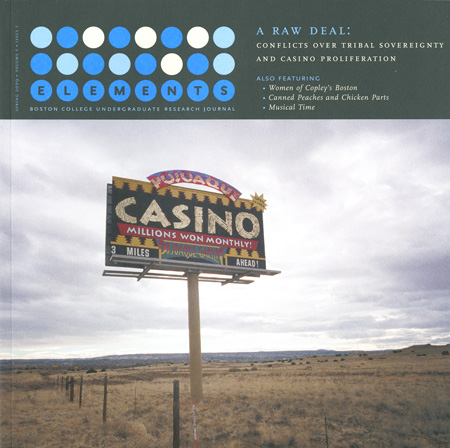Musical Time: An Intersubjective Relationship
DOI:
https://doi.org/10.6017/eurj.v5i1.8914Keywords:
Spring 2009, humanities, music, philosophyAbstract
This paper is a phenomenological exploration into the true nature of musical time. Drawing on the thought of Henri Bergson, Vladimir Jankelevitch, and contemporary philosophers of music, I propose that the nature of musical time lies within the performer and that its existence is parallel to that of the ordinary lived time of the empirical universe. We experience musical time as "mobile" (Bergson's terminology) and as a phenomenon of passing. A musician's ability to play music "in time" is governed by what I refer to as his "internal musical biological clock." However, as music is an art form that is typically performed in a group, a musician's relationship must be an intersubjective relationship where the performers' experience of time is forced by a synchronization of their internal musical biological clocks.Downloads
Published
2009-04-01
How to Cite
Minkoff, M. (2009). Musical Time: An Intersubjective Relationship. Elements, 5(1). https://doi.org/10.6017/eurj.v5i1.8914
Issue
Section
Articles
License
Copyright (c) 2015 Elements

This work is licensed under a Creative Commons Attribution 4.0 International License.

